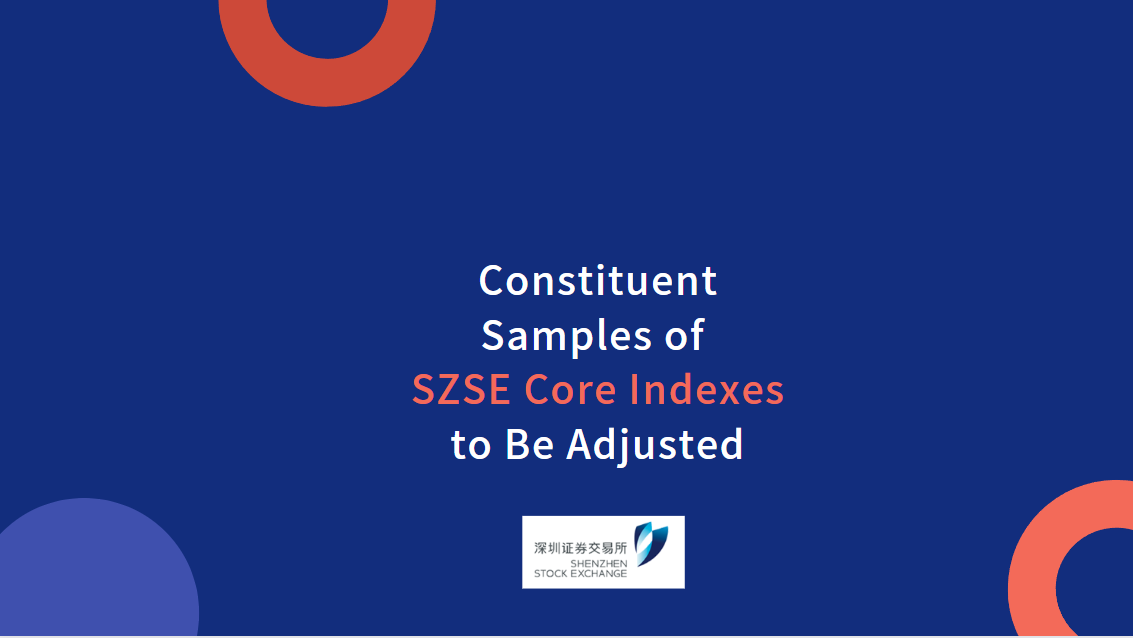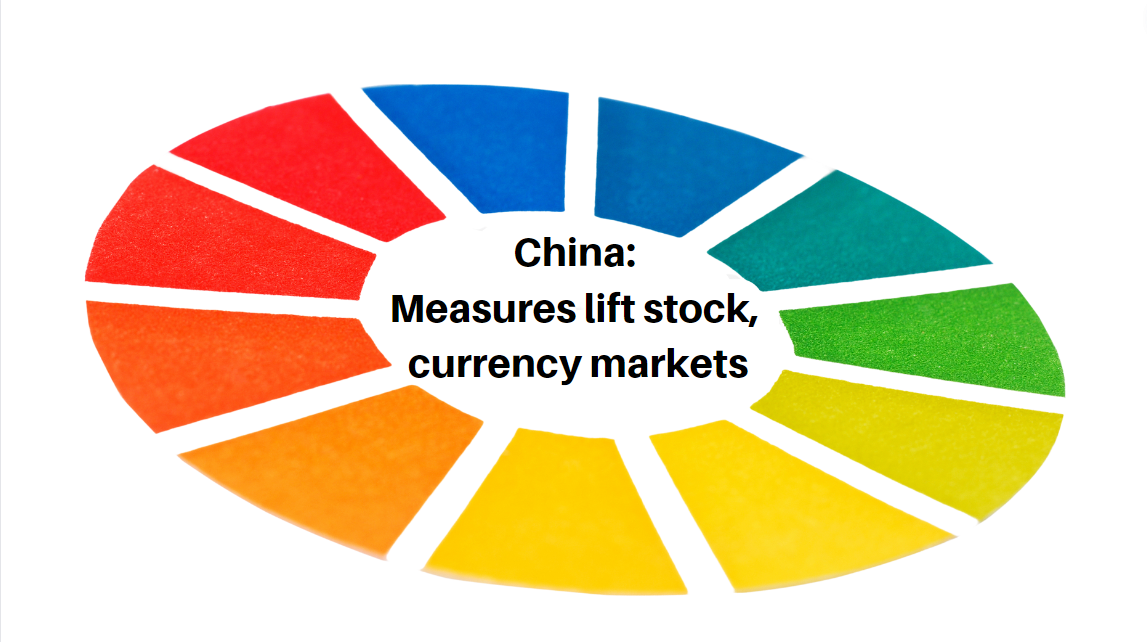London open: Stocks slump after disappointing China data
At 0830 BST, the FTSE 100 was down 1.1% at 7,221.81.
Chinese data released earlier added to worries about a global slowdown, showing that exports slowed markedly in August as global demand started to soften.
According to official customs figures, exports rose by 7.1% year-on-year in August, compared to 18.0% in July; analysts had been expecting an increase of around 13.0%. Imports growth also slowed, to just 0.3% from 2.3% in July. Consensus was for growth of around 1.1%.
The trade balance was $79.39bn, compared to a record $101.26bn in July and a consensus forecast of $92.7bn.
Month-on-month, seasonally adjusted exports fell 6.4% - compared to 0.6% in July - while imports were down 4.8%.
Craig Botham, chief China+ economist at Pantheon Macroeconomics, said: "We have been expecting weaker exports for some time, given the global slowdown evident in other country trade data, with China’s own data distorted by the Omicron lockdown and reopening. Subsidies for exporters have likely also played a role in delaying the inevitable.
"The weakness in imports, meanwhile, reflects the dire state of domestic demand, without which the trade surplus would be falling more rapidly.
"Export data by country reveals a broad-based slowdown in August - this was not driven by isolated pockets of demand weakness."
On home shores, the latest survey from Halifax showed that house prices edged higher in August, reversing July’s decline.
According to the latest Halifax House Price Index, house prices increased by 0.4% last month, compared to fall of 0.1% in July. A typical house now costs an average of £294,260, a fresh record. The annual pace of growth eased from 11.8% to 11.5%, however, the lowest level in three months.
Kim Kinnaird, director at Halifax Mortgages, called August’s increase "relatively modest", noting that monthly house price inflation has averaged at around 0.9% over the last year.
Victoria Scholar, head of investment at Interactive Investor, said: "We are starting to see tentative signs that the boom in housing could be starting to ease off. With rising mortgage costs, the threat of recession, sky-high inflation and the cost-of-living crisis, transactions in the housing market are expected to cool.
"With the uncertain macroeconomic backdrop, potential buyers may hold off before looking to purchase while homeowners may wait before putting their properties on the market. Despite this the chronic housing shortage remains with demand still sharply outstripping supply (not helped by expensive build cost inflation), suggesting that even in a serious economic downturn, the UK housing market may still find support."
In equity markets, housebuilder Barratt Developments nudged lower even as it said that full-year adjusted pre-tax profit rose to a record £1.05bn as completions recovered to pre-pandemic levels. Statutory pre-tax profit was down 20.9% to £642.3m.
Retailer WH Smith was also in the red despite saying it had continued to see a "strong performance" from its travel unit in the second half, with group revenue coming in "comfortably in excess" of pre-Covid levels.
In broker note action, Phoenix Group was knocked lower by a downgrade to ‘underweight’ at Morgan Stanley, while Mitchells & Butlers was hit by a downgrade to ‘equalweight’ by the same outfit.





















































First, please LoginComment After ~